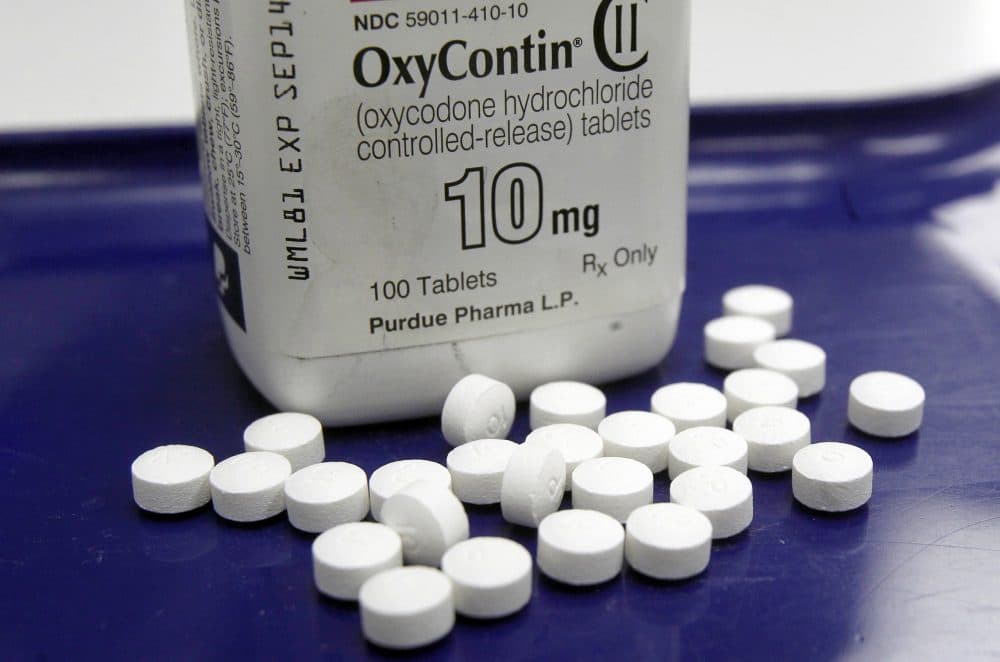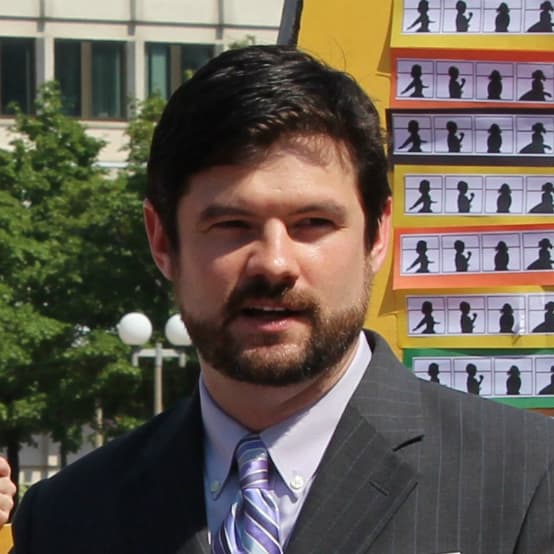Advertisement
To Fight Opioid Deaths, Ban Anonymous Shell Companies

A bag of heroin costs less than a pack of cigarettes.
It should be harder, more expensive and riskier to move this poison on our streets. But, clearly, it’s not. Part of the problem is that drug money is laundered with astonishing effectiveness.
The Office of National Drug Control policy estimates that of the $65 billion spent on illegal drugs each year, about $1 billion, or 1.5 percent, is seized by all federal agencies combined. That means some 98.5 percent of the profits from trafficking remain in the hands of the cartels.
In other words, costs are low, which helps lower prices and increase supply.
Conversely, if we were able to go after the money better, you would expect it to raise costs and lower supply.
Cartels commonly hide and move drug proceeds through anonymous shell companies because starting them requires less personal information than getting a library card.
There is a simple solution we can enact right now which would help us go after the money. We should get rid of anonymous shell companies — companies formed with no way of knowing who owns or controls them (known as the “beneficial owner”). These companies, which are not connected to the real owner (and sometimes not even connected to a real person), can open bank accounts, transfer money, and buy real estate.
They are also a popular vehicle for hiding income from taxes. Not even the FBI has access to who really owns these companies.
In a report which I co-authored and released this month, “Anonymity Overdose,” we catalog how anonymous shell companies are used to launder opioid profits. Cartels commonly hide and move drug proceeds through anonymous shell companies because starting them requires less personal information than getting a library card.
Our report found examples such as Kingsley Iyare Osemwengie, who operated in many states including Massachusetts. Osemwengie and his associates used call girls and couriers to transport oxycodone, and then shifted profits through an anonymous shell company aptly named High Profit Investments LLC.
And even after he was officially designated under the Foreign Narcotics Kingpin Designation Act as a drug lord, Fernando Melciades Zevallos Gonzalez was able to sell his Miami properties and escape with the proceeds through anonymous companies. His empire continues to operate.
In one of the more brazen cases, the Los Zetas cartel, the biggest Mexican cartel, used anonymous shell companies to launder millions, in part by purchasing race horses with drug proceeds -- they even named one horse “Number One Cartel.”
A former chief of the FBI’s Terrorist Financing Operations Section, Dennis Lormel, wrote in 2013: “In order to succeed, terrorists, organized crime, drug cartels and major fraudsters must have the ability to raise, move, store and spend money. Anonymous shell companies, that shield beneficial ownership, are one of the primary tools used by bad guys to openly acquire and access nefarious funds.”
Because it is so difficult to untangle the web of secretive shell companies, most of the arrests are street-level distributors … or users. It’s like a game of whack-a-mole, since these low-level dealers are easily replaced.
Requiring that all companies formed in the United States disclose their beneficial owners would enable law enforcement to more effectively follow the money trail to the top.
Meanwhile, the money used to fuel our epidemic of overdoses keeps accumulating in the hands of the kingpins.
Requiring that all companies formed in the United States disclose their beneficial owners would enable law enforcement to more effectively follow the money trail to the top. It might not be a popular idea among those who like to hide their money from law enforcement, but it’s an idea whose time has come.
There were 1,526 overdose deaths in Massachusetts in 2015. So many dedicated people are engaged in doing whatever they can to address this crisis — police, doctors, clergy, and local, state and federal officials.
As we fight to save lives from opioids, we should leave no stone unturned — which should include the rocks under which drug cartels hide their money.
